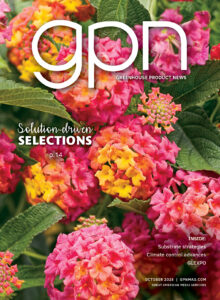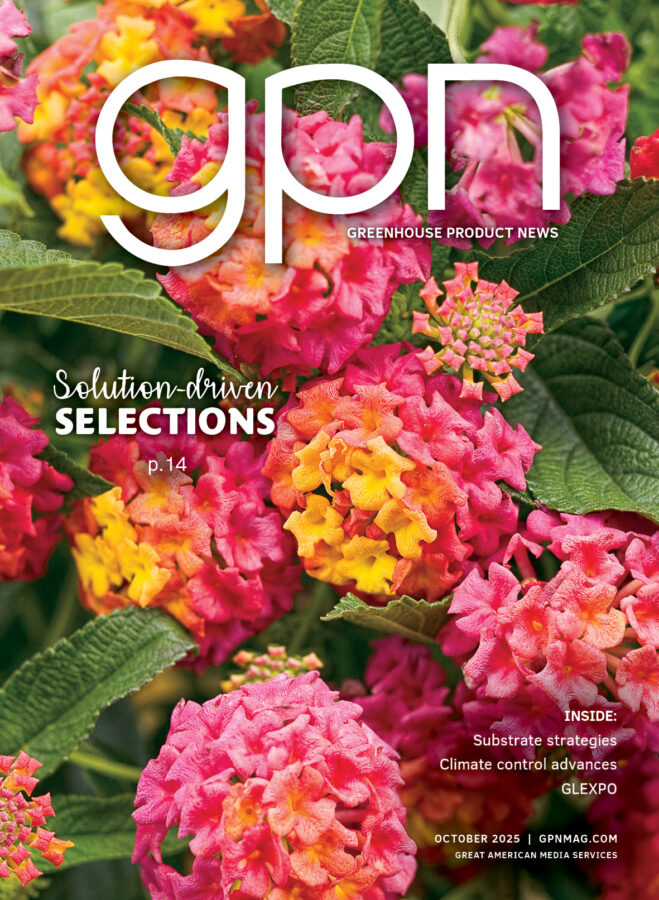Life Before and After
Recently, I went to the same supermarket twice in one day. I normally don’t do that but I had a day off and thought to myself, “I really want to buy that plant with a card for my friend’s birthday, let’s get it, it is just around the corner, I can just support the industry without it being too obvious to my friend.”
So I am with the same cashier for the second time that day. “Hey, are you here again?” “Yes, I’m at home today and couldn’t get that plant out of my head for my friend’s birthday, so I wanted to get it before it was sold to anyone else.”
He looked at me strangely and said, “But you can just order it online.” And imitated with his fingers how that worked. I said that sometimes people prefer a card with real words and warmth.
He continued to scan my purchases. “Maybe you want a handwritten card with a beautiful plant sometimes?” I said.
Suddenly he looked at me strangely and replied, “My relationship has just ended and I am not ready for anything new.”
Ummm what? What just happened here? It started with a plant and a handwritten card intended to give someone love, strength, care, comfort, a smile, a message, warmth or light. And it ended with an awkward conversation.
It appears no one wants a story to share in this fast-paced world. While I am there as a customer, he relates my experience to himself — as if physical presents like plants and cards are used as a cheap decorative trick?
As I was walking home I got to thinking about generations — and me being an Xennial, described as having an analog childhood and a digital adulthood by Mr. Google.
TODAY
So while I am writing this in March, we are in the middle of a hectic, unknown and overwhelming time. I am very lucky to work for the family business Beekenkamp Plants, a breeder and producer of ornamental plants that also has a division for producing vegetable young plants. I see both sides of the story; vegetables are thriving, but growing ornamentals … that is another story. We are all facing the challenge of being innovative. The reality of the industry is one for all and all for one. People and businesses are forced to be inventive.
But, wow, the creativity that is arising is impressive — growers who are making their own drive-through areas in their greenhouses for the public to pick up their plants, the kindness of donations to the key workers in the current society …
And there is no denying online sales are going through the roof. The online market is growing rapidly; everybody can see that. Take the dahlia and celosia, for example. LaBella dahlia and Kelos celosia are a couple of my favorite plants — being able to grow them in natural day length and fancy colors. I can talk about these varieties for hours. But what do our stakeholders want to know about these plants?
Every day, we are busy breeding new and improved varieties. Not only do I hear things in the market, because of my travels speaking with so many people from different cultures, but also my colleagues collect wishes and demands from growers and retailers all over the world. All this data is converted into a breeding plan. This way the breeders know what the market wants and needs.
As the season of plants is in full swing and therefore new breeding is in bloom too, I am trying to get as many reactions as possible from all over the world. I know full well that maybe this year, fewer than half of the people who I normally connect with will not be able to see all these beauties due to the cancellation of events like CAST and Flowertrials. But as a company like Beekenkamp, we always have to keep looking forward.
AND THEN
There are still a lot of people who love to see, feel and smell the product — people who are happy to walk around a garden center, people who go out to find the most beautiful plant for the one they love (which could include themselves).
This weird time that obliges people to stay at home also obliges people to think more about what makes them happy. It obligates people to both entertain and educate children. The beauty of all these situations is that flowers and plants can contribute to this.
By giving a plant as a gift, you give color to someone’s life — something that I feel everybody needs. Plants in the garden provide a cheerful spring atmosphere and make people go outside. Water the plants, enjoy the sunshine, hear the birds sing. It is the little things that we value even more today.
Yes, I am a big fan of self check-outs and buying stuff online, but at the same time, sometimes I just want to chat with a human being, face to face. Again, me being the Xennial, raised by Mr. Google, I enjoy both worlds to the fullest extent. It’s fascinating. Horticulture is indeed traditional, but with loads of opportunities that we cannot always think of today. The world is our oyster









 Video Library
Video Library 


















